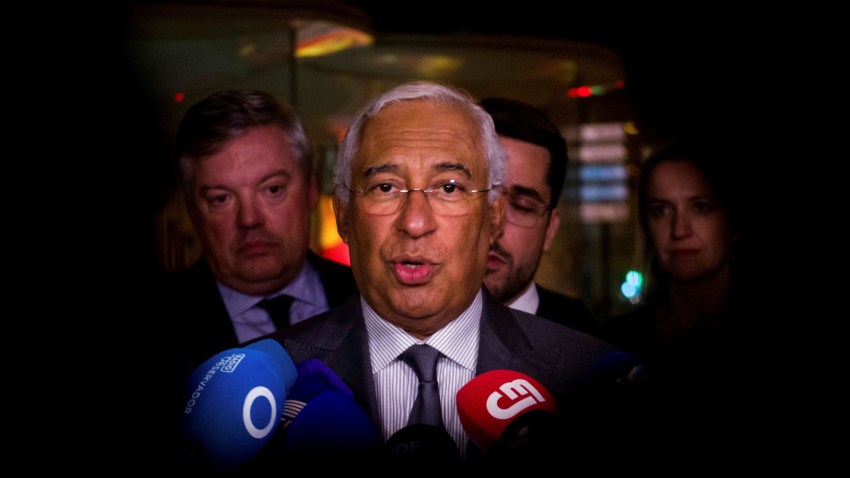Until three weeks ago, Portuguese Prime Minister Antonio Costa seemed at the height of his power and was rumored to stand a good chance of pocketing a powerful role in Brussels, including possibly the presidency of the European Council, following next year’s European Parliament elections. But that all fell apart on Nov. 7, when Costa submitted his resignation after police searched his official residence and arrested five people, including his chief of staff, Vitor Escaria, and his close friend, the business consultant Diogo Lacerda Machado.
The search and arrests were part of a police investigation into “Operation Influencer,” an alleged corruption scandal involving lithium and hydrogen deals. President Rebelo de Sousa immediately called for new elections in March 2024, with Costa remaining as interim prime minister until the ruling Socialist Party, or PS, chooses a successor.
Costa’s fall is probably the biggest crisis in Portuguese politics in at least 20 years, and the March snap elections promise to be the most contested and important ballot in that same period for the Iberian country.

